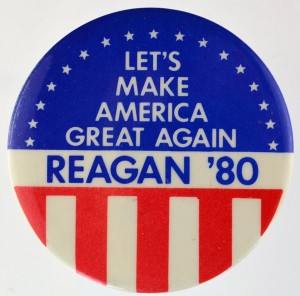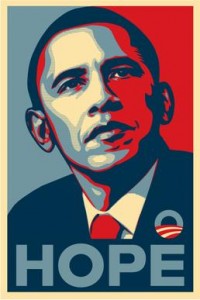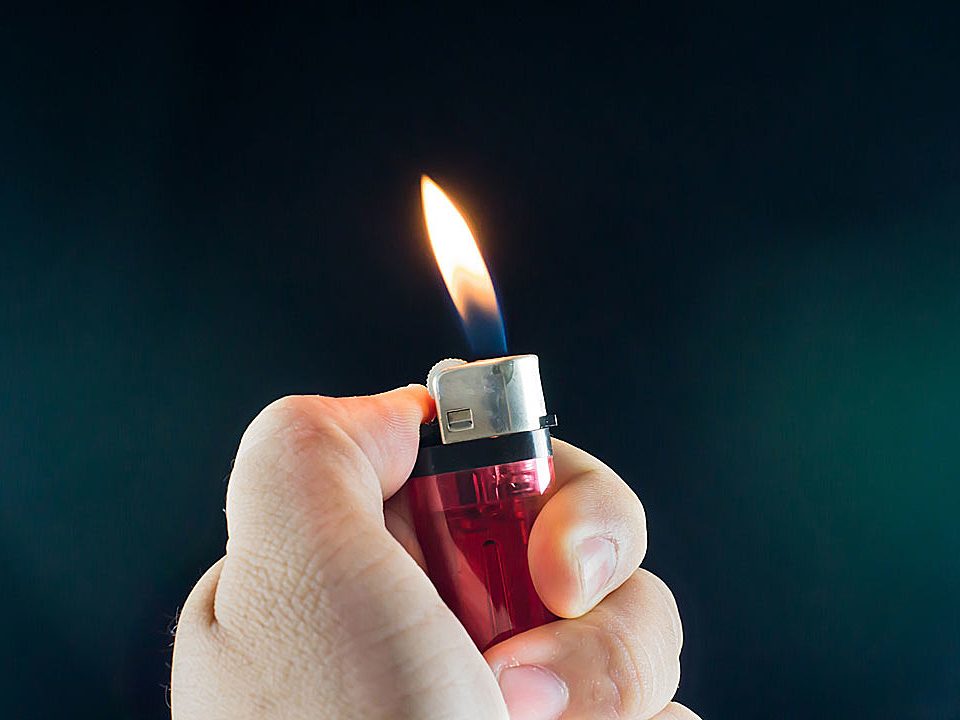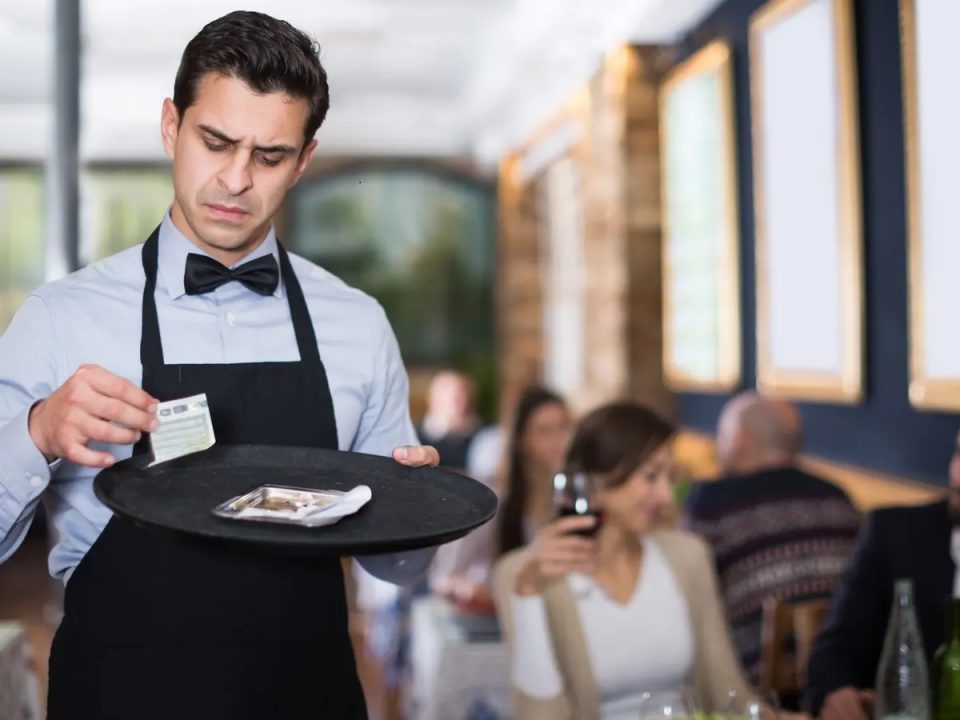Make The Catholic Church Great Again!
Make The Catholic Church Great Again!

 As you know, the slogan that Donald Trump selected last year for his presidential campaign is “Make America Great Again!”
As you know, the slogan that Donald Trump selected last year for his presidential campaign is “Make America Great Again!”
According to Wikipedia, that particular slogan was originally created in 1979, “during a time in which the United States was suffering from a worsening economy at home marked by high unemployment and inflation. The phrase ‘Let’s Make America Great Again’ appeared on buttons and posters during [Ronald] Reagan’s 1980 campaign.”
When the word “again” is added to the phrase “Make America Great,” it completely changes the meaning of the phrase. The use of the word “again” at the end of the phrase presupposes that America was once a great country, but that somewhere along the way, America lost its greatness. Within the phrase is the implication that Trump will return America to its former greatness.
But what does “Make America Great Again” really mean?
The meaning is subjective and depends on what each person believes was once great about America, but is no longer a part of America.
For some, the phrase means the return to a booming economy, when wages and benefits were generous and jobs were plentiful.
For others, the phrase means the return to a time when everyone was safe in their homes and communities.
For others, the phrase means the return to a time when the enemies of America feared our country and knew that if they messed with us, they would be crushed.
For others, the phrase means the return to a Christian-based culture when children were taught the Ten Commandments in the public schools and the Judeo-Christian values that our country was built upon were encouraged and promoted in our society.
If our Catholic leaders were elected instead of obtaining their positions by appointment, the same slogan could be used to run a successful campaign. The slogan would be, “Make The Catholic Church Great Again!”
For devout Catholics, that particular phrase would have different meanings, but would elicit the same emotions and positive feelings that “Make America Great Again” elicits. Those emotions and positive feelings come from a burning desire that we all have — a desire of hope for a better future.
The most successful politicians engineer their messages to take advantage of our natural desire for hope. You may remember the iconic “Hope” poster of Barack Obama. The poster quickly became the symbol of Obama’s 2008 presidential campaign.
 As a presidential candidate, Obama used his message of “hope and change” to inspire people to imagine a future in which their hopes and dreams would come true. The people who were influenced by his message were free to attach whatever meaning they wanted for their own lives.
As a presidential candidate, Obama used his message of “hope and change” to inspire people to imagine a future in which their hopes and dreams would come true. The people who were influenced by his message were free to attach whatever meaning they wanted for their own lives.
Most of us have hope that we will eventually overcome the obstacles that we currently face and return to a time when our lives were more secure and carefree.
There is a yearning that is buried deep within the heart and soul of every human being — a yearning for hope.
The Modern Catholic Dictionary defines “hope” as follows:
The confident desire of obtaining a future good that is difficult to attain. It is therefore a desire, which implies seeking and pursuing; some future good that is not yet possessed but wanted, unlike fear that shrinks from a future evil. This future good draws out a person’s volition. Hope is confident that what is desired will certainly be attained. It is the opposite of despair. Yet it recognizes that the object wanted is not easily obtained and that it requires effort to overcome whatever obstacles stand in the way.
As children, our lives were filled with great hope and anticipation. Unfortunately, as we grow older, the burdens and struggles of life overwhelm us, and our youthful hope sometimes turns into discouragement and despair.
Pope John XXIII once said, “Consult not your fears, but your hopes and dreams. Think not about your frustrations, but about your unfulfilled potential. Concern yourself not with what you tried and failed in, but with what is still possible for you to do.”
Each of us has a choice. We can work on nurturing and sharing the virtue of hope with others, or we can ignore or reject hope and end up like some of the people we meet — miserable, negative, despondent people who are riddled with fear, envy, anxiety, despair, and hopelessness.
The choice of hope over despair has to be made every day. It’s a choice that was made daily by Jesus, Mary, Joseph, and each of the saints. It’s a choice that you and I must also focus on making every day.



1 Comment
Dear Georgette and Harry! First of all, another opportunity here to wish you, Georgette, a very blessed day for your Birthday I have already greeted you on Face Book! Take it easy today – all day – no cooking! Now for your article, Harry! Delightfully inspiring! I pray for God’s protection – I have no fear – only TRUST in God. We know we will always rely on God’s answer to our prayers. So WE NEED TO PRAY FOR WHAT WE WANT TO HAPPEN!! With special love and prayers for you and your family! Sister Roberta